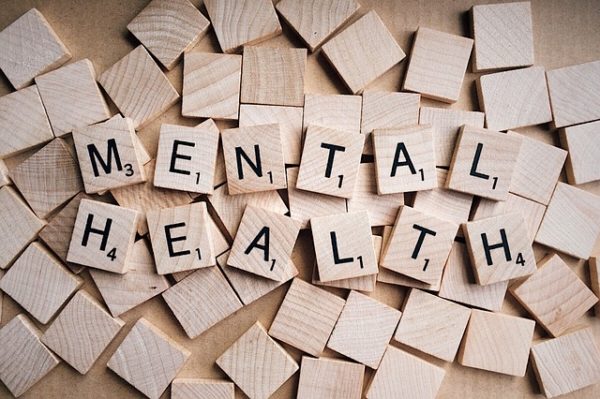Whenever there’s a car accident, most of the people involved tend to focus on the victim’s physical injuries. But after the initial shock calms, it’s easy to miss the mental and emotional effects caused by such trauma.
The fact is that while physical injuries can be identified quickly, the problem doesn’t always stop there. Psychological trauma may take days or months to manifest, but when they do, they can have even more long-lasting effects than physical injuries.
Here are some tips on how to deal with psychological trauma after an accident.

Tip #1: Get Professional Help
In many cases, when accidents happen, it can take some time for the pain to subside and to feel whole again. Sometimes it’s easy to pretend that things are okay—even when you know you’re hurting. But it’s important to know that repressing your feelings will only make the situation worse. That is why anybody who’s been in a traumatic experience like a car accident should consult a professional therapist to help walk you through the journey of recovery.
When you do find a therapist you want to work with, you should focus on developing a good relationship with them to enhance trust and comfort. From there, your specialist will help you work towards your trauma in a calm and comfortable setting.
Tip #2: Account for Pain & Suffering in Your Insurance Settlement
Although it’s not an easy thing to deal with, emotional trauma after an accident is very common. It’s essential to note that when you suffer an after accident trauma, you have a right to account for your pain and suffering in your insurance settlement. However, you need to present your facts right to recover damages for your trauma case.
That is why you need to contact a professional and experienced personal injury attorney to represent you. It’s also essential to note that some lawyers offer legal representation in a wide range of fields, while others like Schwartzapfel Lawyers specialize in motor vehicle accidents.
Tip #3: Don’t Be Afraid to Talk about Your Mental Challenges with Friends and Family
After experiencing something overwhelming like an accident, you may want to isolate or withdraw from other people. However, pulling away won’t help you in the long run. It’s important that you don’t be afraid to connect and talk about your mental challenges to your family members or friends. Make an effort to open up and maintain a good relationship with those close to you, and refrain from staying alone.
Remember that when connecting with friends or family, it doesn’t mean that you must talk about your mental situation, especially if you don’t feel like it. If you do want to, make sure you surround yourself with caring friends that can help you feel better.
Tip #4: Do Everything You Can to Promote a Healthy Lifestyle
It’s important that you maintain both your physical and mental health to help cope with an injury. One of the ways to improve your body health is by engaging in physical exercises. Exercising has been proven to keep your body active and facilitate a good flow of blood to all parts of your body, which can positively affect your mental health.
It would be best if you also ate well-balanced meals to give your body the energy it needs to function normally. A balanced diet can also help regulate mood swings. Additionally, it is crucial to keep a healthy social life to help reduce stress and curb anxiety.
Tip #5: Learn Meditation
For those who suffer from trauma, it’s not uncommon to become depressed and anxious. That’s why it’s important to learn how to relax and calm your mind. Meditation can help you to achieve the best of your body’s health. If you’ve not tried meditation before, then you can enroll in in-person or online classes so you learn different techniques to help relax your mind, soul, and body.
Tip #6: Try Yoga for a Mentally Stimulating Exercise
Yoga is another excellent way to help relax your mind and lessen trauma effects. Yoga has been a favorite choice for many people. Doing regular yoga has many benefits, such as:
- Decreasing insomnia
- Reducing high blood pressure
- Increasing muscle strength
- Improving respiration and energy
Aiding your physical health is one of the best ways to obtain a happier mindset. But aside from its physical benefits, yoga can also help manage stress and develop coping skills to reach a more positive and satisfying outlook on life.
Tip #7: Develop Healthy Stress-Relief Habits
To better manage your stress levels, you can try multiple stress-relieving techniques such as daily walks and breathing exercises. Regular walks can help make your body active and strong through regular blood circulation.
Breathing exercises, on the other hand, can help relax and calm both your body and mind to help reduce stress and anxiety. It’s best to set a schedule for these things so that you can begin to form a habit with your body’s inner clock.
Conclusion
The emotional trauma after a car accident can leave you feeling devastated. And even when broken bones heal, there’s still the emotional aftermath of the entire experience. Luckily, there are many things you can practice to help better the situation. In addition to proper documentation for your recover damages for your emotional trauma, follow the above tips to help simplify your recovery process.